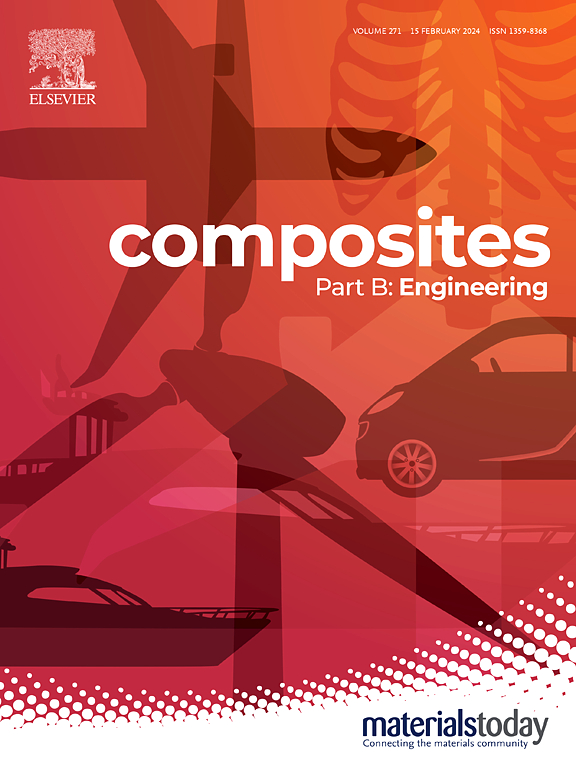Designing density-graded cellular materials for tailored constitutive response
Abstract
Cellular materials are known for their lightweight nature and remarkable energy absorption characteristics attributed to their cellular structure. This study focuses on the design aspect of cellular materials to achieve specific constitutive responses through density gradation. A three-parameter empirical constitutive model is employed to characterize the behavior of density-graded cellular materials, utilizing experimentally derived parameters for rigid polyurethane foam. The investigation reveals a highly nonlinear spatial variation of local strains that influence the mechanical behavior of density-graded materials. The study investigates the isolated effect of density gradients within these materials on their mechanical behavior and energy absorption. Comparative analyses demonstrate that density-graded materials outperform uniform-density counterparts, particularly at lower stress levels, with greater energy absorption enhancement observed in materials featuring steeper density gradients. Finally, the optimal variables controlling density variation are identified to achieve desired stress–strain responses. These findings contribute to the enhanced understanding and practical utilization of density-graded cellular materials in applications requiring tailored mechanical performance and energy absorption capabilities.

 求助内容:
求助内容: 应助结果提醒方式:
应助结果提醒方式:


